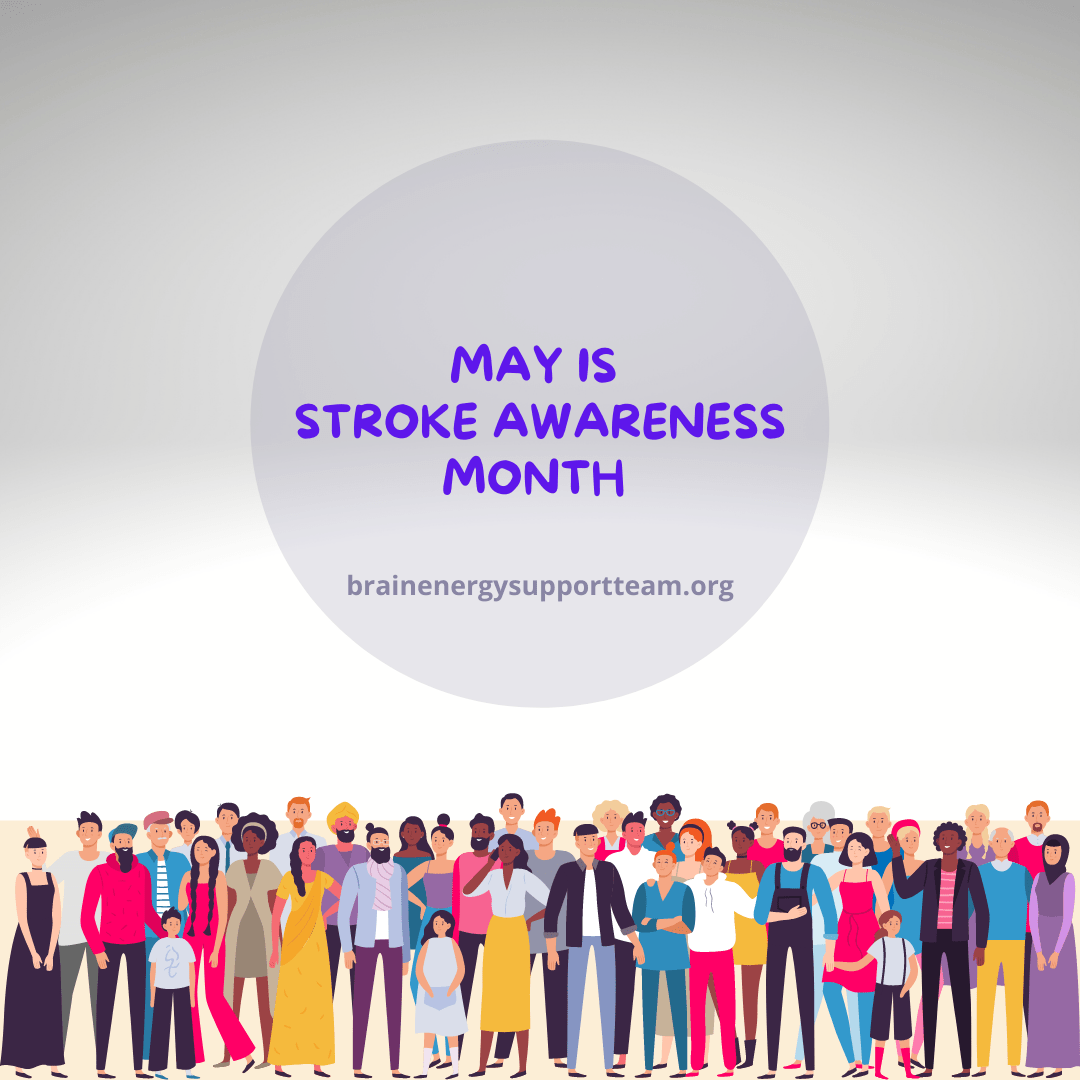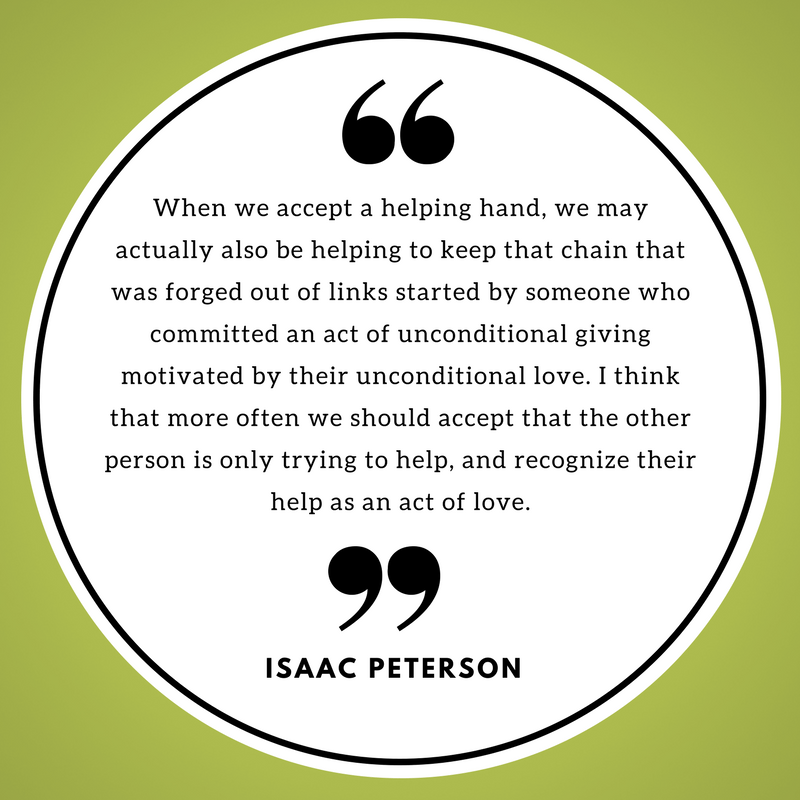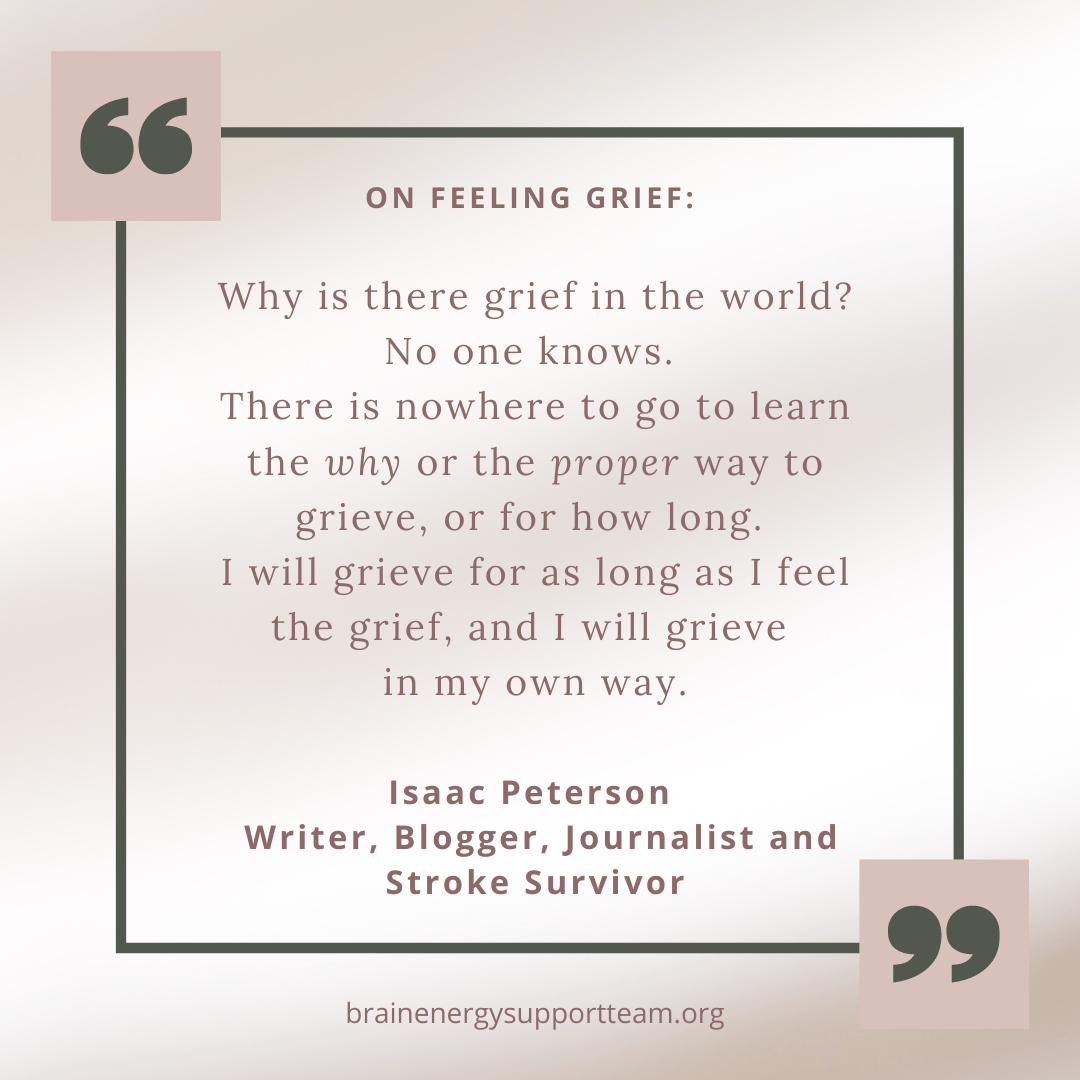Employment is a big topic with brain injury survivors, especially with the pandemic still going on. Some businesses closed entirely, some went with reduced hours and staff, and some with reduced services. All affected the employment status of loads of people, brain injury survivors or not.
Although having a traumatic brain injury (TBI) can present its own challenges during this unprecedented time.
There are reports that unemployment is going down, as companies slowly start to reopen. I’d imagine this is good news for those who already had jobs in those businesses, and that they can just go back to work.
But what about TBI survivors who were out of work to begin with? How do they go about finding work?
That’s a tough one to answer. I’m a TBI survivor, not an employment counselor, but maybe I can offer a few suggestions on how to go about finding work. Some of these are ideas that you probably already had, or are obvious options, but here they are.
But first, while you definitely want to enter a job search with a positive can-do attitude, you will need to balance positivity with reality. Look closely at your abilities and skills and use them to narrow down the kind of work you look for.
If you haven’t yet, maybe ask yourself: Do I want a job or a career? The answer might help determine how you would go about getting back in the workforce. Whatever else, your attitude will be a big part of your success.
Go into your job search with the right attitude. It’s like something Theodore Roosevelt said: Believe you can and you’re halfway there.
Believe you will succeed before you even start to put in the effort to find work.
Get help searching. State or county employment services might be a big help. I’m told there are some employment services that offer what are called Disability Employment Advisers (DEA). These advisers can offer advice about looking for work with a disability. See if your state has anything similar.
Another potential resource is the unemployment office’s job center. Their job is providing benefits but they are also interested in keeping people off of unemployment in the first place. The job center will require you to register and they usually have counselors and computers available with job listings. They also probably have things set up for you to search their database from home.
And obviously, there are traditional employment agencies and temporary employment agencies. Let the employment counselors know about your TBI, your strengths, skills, and limitations right away in order to find the best fit available.
Working from home may be an option. If you do land an interview, you will probably want to inquire whether there is a position that would allow you to do your work at home and/or on your own computer. With the pandemic still ongoing, working from home is a more and more common option.
Have you ever considered starting your own business? This might be a good time to try, and in the process reinvent yourself and start a new life.
I can’t tell you how to go about that one, but I can give you an example of one business many people have gotten into with some success: selling on eBay.
Maybe you’ve collected coins, stamps, Barbie dolls or something for years, but now they just sit around collecting dust. Why not set up your own online shop and produce some income? Who knows what treasure you might have laying in the attic? Why not see how much people are willing to pay for your old comic books or baseball cards? It beats having a yard sale any day of the week. There are a lot of people making a living off eBay, and others use it as a profitable side gig.
Here’s an idea I’d never heard of, and only recently ran across by accident: it might be possible to find work where a brain injury is actually an asset. I haven’t looked into it very closely, but googling places like SimplyHired, Indeed.com and Ziprecruiter, I see listings that apparently encourage people with disabilities to apply.
I also saw a few listings for caregivers. Could this be an option for you? If you are fairly well-functioning, have the right temperament and can get certified for caregiving, who could be a better caregiver than someone who’s been there, on the receiving end? Could you put your own experience to good use that way?
On a personal note, I’ve just had an opportunity fall in my lap. I had been receiving state health benefits due to my TBI. Apparently someone on the state level took an interest in me and has just contacted me to ask whether I would be interested in a sort of jobs program offered through Washington State’s Health and Human Services agency. I’m waiting for someone now to contact me with specific job information and see where to go from there.
I can’t tell you how to be in the right place at the right time, but I can recommend that if you receive benefits in your state you might look into possible employment opportunities through them.
I wrote a piece a while ago for TBI survivors going back to work at the job that’s been held open for them since they acquired a TBI. I offered some advice about how to go about returning to work and included some suggestions about negotiating the terms of your return with your employer.
Keep in mind that the Americans With Disabilities Act requires employers to make certain accommodations for people with disabilities in the workplace.
Some possible accommodations to negotiate with your employer or prospective employer:
- Working a shorter week, like only working three days a week or working from home.
- Working fewer hours for a while and gradually work back into your regular schedule.
- Taking more breaks during the day, particularly during those times when you feel especially weak or tired.
- Starting with a reduced workload.
- Redefining your job so you only have responsibilities within your limitations.
All of the above suggest that you might not be the only one making adjustments. Employers might still expect a certain production level, but a good employer will work with you.
Co-workers can be difficult since you have a disability they can’t see, and they may not understand when they see you being allowed accommodations through your job, not realizing that you have an injury and may not be able to perform at your former level. Employers can help, if they are willing to help your co-workers understand your condition and why you need special consideration.
I also recommend, if it doesn’t come up, asking about the company’s Covid prevention measures as we are still in the midst of the pandemic.
I am not guaranteeing you will be successful in your job search right away (although it would be way cool if you are). But like lots of things in life, just keep plugging away and eventually you should be successful.
Another saying I like and that I think applies is by David Feherty: It’s how you deal with failure that determines how you achieve success.
Good luck and I hope you are successful in your job search.
 | Isaac Peterson grew up on an Air Force base near Cheyenne, Wyoming. After graduating from the University of Wyoming, he embarked on a career as an award-winning investigative journalist and as a semi-professional musician in the Twin Cities, the place he called home on and off for 35 years. He doesn’t mind it at all if someone offers to pick up his restaurant tab and, also, welcomes reader comments. Email him at isaac3rd@gmail.com. Read more articles by Isaac here; https://www.brainenergysupportteam.org/archives/tag/isaac-peterson |
|---|






